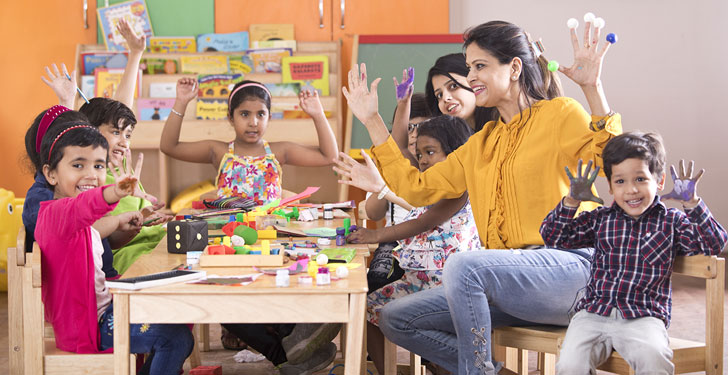
According to UNESCO, Early Childhood Education “has the ability to nurture caring, capable and responsible future citizens. Therefore, it is one of the best investments a country can make to promote human resource development, gender equality and social cohesion, and to reduce the costs for remedial programmes at a later stage.”
Early Childhood Education has a singular aim to facilitate the optimum development of a child’s full potential, thereby laying the foundation for 360- degree development and lifelong learning.
The early years are a period of fast track physical and mental development in children. Throughout this stage, abilities associated with reasoning, thinking, problem-solving, and memory, impacts development. During this stage young children navigate their way through the world by exploring themselves and their surroundings.
How does Early Child Development take place?
Remarkable brain development occurs in children from birth till eight years of age. It is at its peak due to the influence of a multitude of factors, environment, and people surrounding them. It is worthwhile to note that there is a stark difference between the grasping power and sensitivity of children and that of adults.
Acquiring knowledge and learning takes place through play-based, colourful activities with hands-on experience, dramatic play art and social games. The research is backed by evidence that “Learning precedes development”.
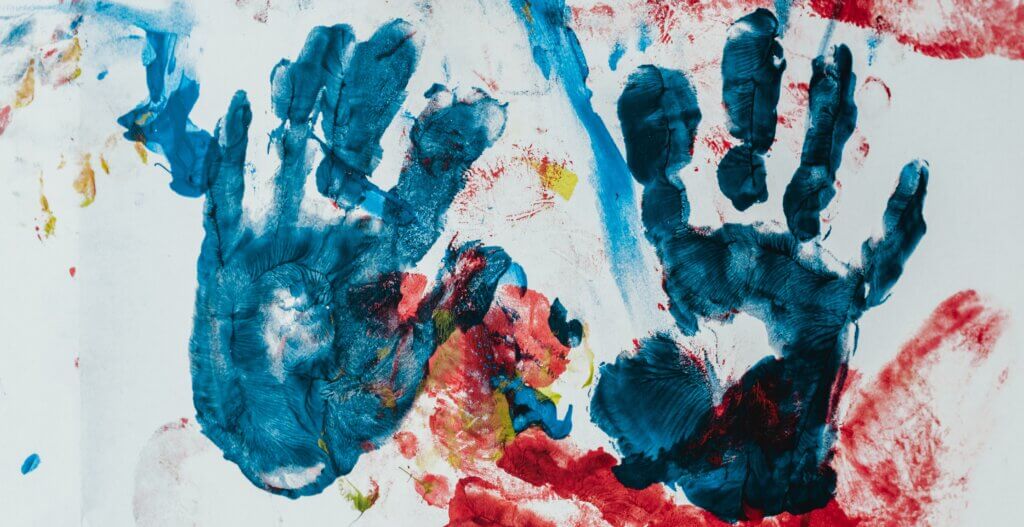
According to Elizabeth Hurlock, brain development begins with different programming approaches, basic concepts, assessments, early childhood environments, child protection and the health, safety and nutrition of young children; apart from family, these are the major factors that influence the mental growth in children.
Cognitive learning begins with adaptation to their surroundings while fostering enthusiasm, social skills and other 21st century skills for learning. It includes instilling a team sharing attitude and promoting holistic development with exposure to age-appropriate technology.
Essential elements of Early Childhood Education that every educator should know
A certain skill set is a must-have for childhood educators. Child development would require finding success and joy each day along with motivation playing a major role. Enthusiasm and love for children is a prerequisite.
The educator needs to be creative, flexible and respectful of the differences as each child is unique in their learning style and personality.
Multi-sensory learning
Using a multi-sensory teaching technique means helping a child to learn through more than one sense. It is essential to involve the use of more of the child’s senses, especially the use of touch (tactile) and movement (kinetic). This helps the child’s brain to develop tactile and kinetic memories, as well as the auditory and visual ones in the early years.
Indoor and outdoor play
Children in Kindergarten engage in learning activities designed to equip them and prepare them with effective strategies for growth and development. They acquire the language skill that sets the foundation for facilitating academic and personal development years ahead of acquiring knowledge and competency building.
Music and hands-on activities, physical activities, promoting good health, motor/coordination skills and teamwork are a part of the curriculum. Gradually, reading, writing, listening and speaking, environmental studies, science, visual art and performing arts form an integral part of their learning process.
Enrichment and Assessment
Every classroom session must be structured and designed to focus on three prime areas of child development – Physical, Social and Emotional; the other three areas are Numeric, Creative and Knowledge of the world.
Assessment is a critical part of a high-quality early childhood program. Assessing children is not an easy task. It is a process of gathering information about a child, reviewing the information, and after gathering the information, a structured learning exercise needs to be planned as per the child’s level of understanding.
The assessment should be done by understanding and comparing a child’s potential with what they have learnt. Educators need to pitch in to help children in their weaker areas and enhance their areas of strength.
For pre-schoolers, several activities and experiences prepare their entry into elementary school. The sessions consist of child-initiated play, sensory play, recognizing and using numbers, critical thinking and communication skills.
Let’s start early
A warm, nurturing environment ascertains enriched learning in Early Children Education. The experiences are designed to simulate a child’s development in all key developmental areas that are responsible for building capable future citizens.
We need to create leaders who can learn, unlearn and relearn, as in the future, literacy will not be a world problem but empathy, kindness and critical thinkers will be hard to find. Hence, in order to make a world of rational thinkers and empathetic individuals, educators need to start early to simultaneously establish appropriate behavioural skills and 21st-century skill-based learning.
Did you like this article? Tell us what you think is the most element for early childhood learning?
Read 10 top activities for pre-primary learners to get parents involved in your online class here.
Sai Angan, the primary section of SAI International School, is a Cambridge Early Years school.
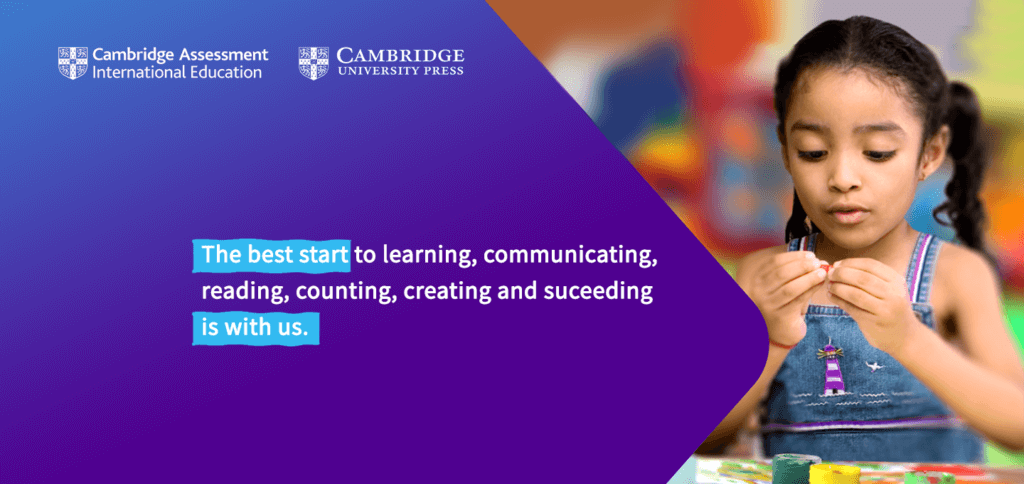
Our brand new Cambridge Early Years programme is the start of an exciting educational journey that helps learners aged 3 to 6 develop the knowledge, understanding and skills they need to make the best possible start in life. The programme is available to all early years centres in India – whether your centre is currently registered with Cambridge International, or not. If you are outside India and are interested in the programme, please contact info@cambridgeinternational.org to register your interest.
Read 10 top activities for pre-primary learners to get parents involved here.

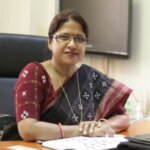

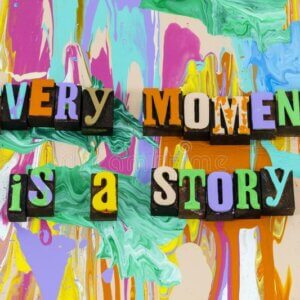

As I am an early year teacher.. this article was helpful
Future leaders need to have critical thinking skills in order to meet 2Ist century skills.
A warm rich environment enriches early childhood learning and also promotes active learning.
It was very helpful.
This article gives u insight about child development.
The article is insightful, highlighting the critical role of early experiences in shaping a child’s future.
1. Early childhood education helps us to identify children with special needs.
2. Gifted children can also identified, recommendations for both the group can be framed according to their needs.
This article is really helpful.
Thankyou Dr. Silpi Sahoo
For early childhood educators, a particular set of skills is essential. Finding happiness and success every day is necessary for a child’s development, and motivation is crucial. A must is a love and enthusiasm for kids.
Really a masterpiece.